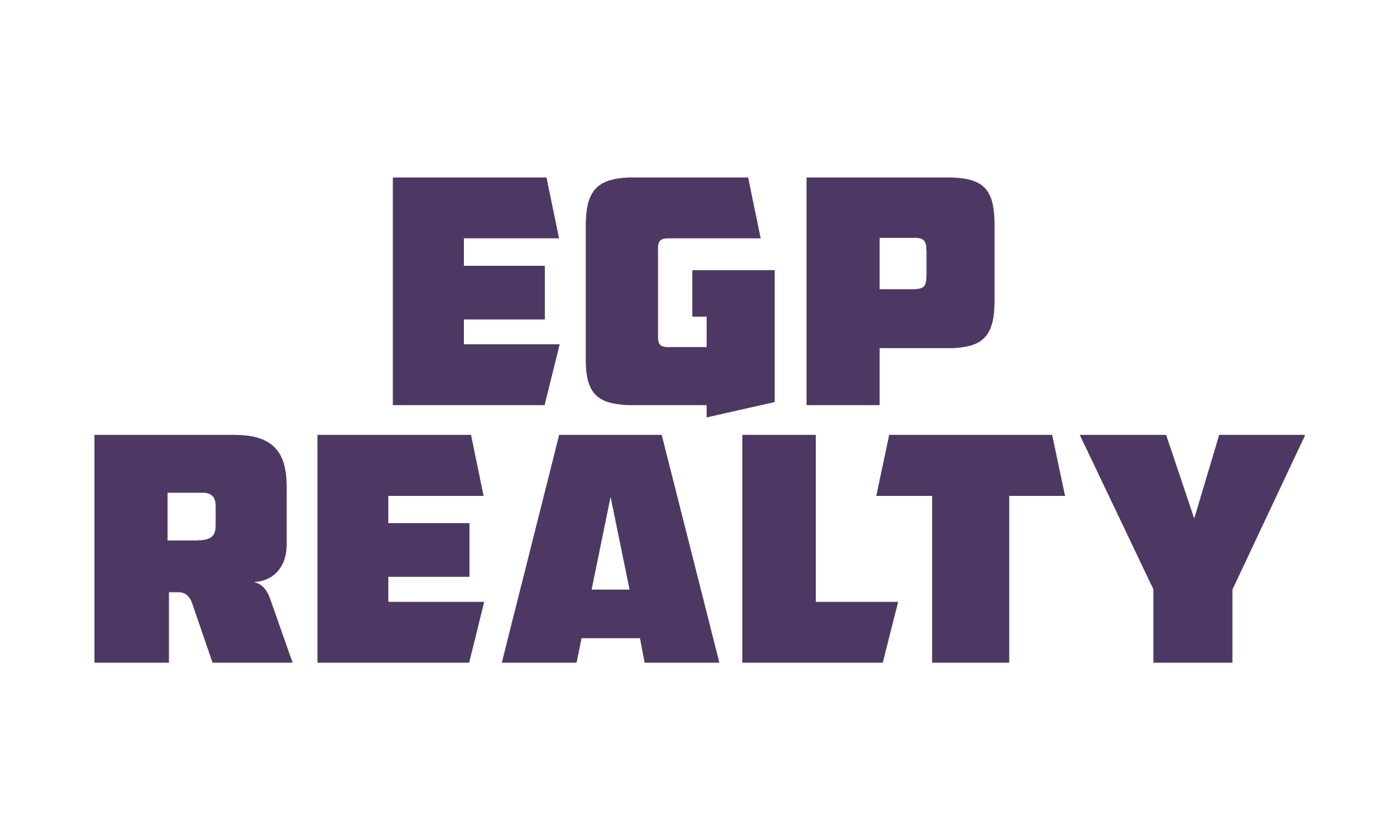Q: Good Reverend: “Is there a difference between getting my loan from a bank, a mortgage bank or a mortgage broker?”
A: Do Chicagoans have selective amnesia when it comes to their climate’s manic mood swings?
Before you can decide which financial professional with whom to align, you first need to understand the method to their madness and the differences between them.
Bank Lending 101:
Banks take in deposits from the public, pay as little interest as possible and then lend-it out at the highest interest rate possible. (Think about why your savings account earns less-than 1% interest and a loan costs +/-5%?) That’s the arbitrage, baby! The spread between the bank’s cost of funds and the retail price of those funds to a borrower.
Banks like to make a little bit of money from a variety of sources for a long time. Because they have a long-view, they don’t always need to charge origination fees on their mortgage loans and are frequently the lower-cost alternative.
Bank Lending guidelines:
Basically, its the Golden Rule. He who has the gold makes all the rules. You would think that banks have absolute leeway when it comes to getting loans done. This is true in most circumstances, but we need to dig deeper to know specifically the kind of lending the bank is doing.
Q: But, good Deacon: “Isn’t all bank lending the same?”
A: Not by a long shot.
There are 3 types of lending in which a bank might engage:
1) It will originate and then service its loans in-house. You walk in, apply, get the loan, make your monthly payments, open other accounts, buy other services and maybe get a toaster. Essentially, a cradle-to-grave relationship. The bank keeps your loan on it’s books (in it’s portfolio) and essentially is underwriting for it’s own consumption and retention and therefore has the ability to make exceptions to any rule provided it’s lending committee okay’s it. Halleluja to the “portfolio loan!”*
2) It will originate and then sell the loan, but keep the servicing. This is known as selling your loan ‘servicing retained.’ You do all of the above, but your actual loan gets sold to one of the agencies (FNMA or FHLMC) for cash so the bank can then make more loans. The bank still retains it’s relationship with you. In this scenario, the bank is underwriting its loans to the agencies’ guidelines (not their own) in order to keep the loan eligible for sale. The bank has little or no flexibility in altering guidelines.
3) It will originate and then sell both the loan and the servicing. This is known as selling your loan ‘servicing released.’ You do all of the above, but both your actual loan and the servicing rights get sold to one of the agencies (FNMA or FHLMC) or a maybe even a third-party servicer for cash. You will make your payments to some other entity and likely have very little ongoing relationship with the originating bank. Here too, the loans are underwritten to the buyer’s guidelines and the bank has little or no flexibility in its underwriting.
Q: My Pastor: “Since most banks are essentially producing loans for sale to the same buyers, is there really any difference between them?”
A: Now I know I’m preachin’ to the choir! There is no difference at all! You may prefer the patriotic red, white & blue color scheme of one bank over the sapphire blue of another or maybe you are partial to stagecoaches. But it don’t make no never mind.
*Not to rain on your parade, but unless you are a BIG Macher (Ultra High Net Worth {UHNW} or High Net Worth {HNW} client) the large national and regional banks are not going to give you this level of access. You’ll need to establish a relationship with a community bank. You know, where you can bring the dog into the lobby and everyone knows your name? The “Cheers” of the financial services industry. Halleluja for community banking! Can I get an amen?
Mortgage Banking 101
Mortgage Bankers neither take deposits from the public, nor do they offer services other than mortgages. The term ‘bank’ comes into play because a mortgage banking company will utilize a line of credit with which to fund loans.
Shortly after the closing, the loan is then sold to a third party. Sometimes one of the agencies and sometimes to an even larger mortgage banking company, who will then sell a large quantity ‘in bulk’ to the agencies.
Mortgage Bankers earn income on the sale of the loans they originate and sometimes on an origination fee.
Mortgage Brokerage 101:
Mortgage Brokers, although the absolute best professional with whom to align from the early 1990’s thru the mid/late 2000’s, have become somewhat obsolete in the last three years. Since the credit markets tightened and the easy money and creative lending programs dried-up, mortgage brokers have gone the way of the dodo bird.
Mortgage brokers originate loans for sale through wholesale channels to larger mortgage banking companies (and occasionally directly to banks themselves) who then assemble bulk packages of like-kind loans for re-sale to the agencies (and, back in the day, to institutional investors).
Mortgage brokers earn income from a combination of origination fees and Yield Spread Premium (YSP). YSP is ostensibly a bonus paid to the broker for the mark-up of the interest rate. ie: a 1/2% bump in rate might pay the broker an additional 1% fee. YSP is a thing of the past, so brokers subsist on origination fees.
Q: So, good Elder: “In today’s lending environment, why would I use the services of a mortgage broker?”
A: My pilgrim, you wouldn’t! With rare exceptions, there no longer exist any competitive advantages to working with a mortgage broker.
It boils down to where in the food chain you want to feed, so I will make an unpaid testification for a hybrid solution. Wells Fargo…the stagecoach. Wells Fargo functions as a giant mortgage banking operation wrapped up in bank’s clothing. The best of both worlds!
Can I get an amen? …Thank you!
If you’d like to talk more about how I can help you buy, sell or rent Chicago real estate… and keep you out of trouble in the process, call or text me at 773-968-1110 or shoot me an email at scott@scottmsiegel.com
You See. You Like? You Buy!™

